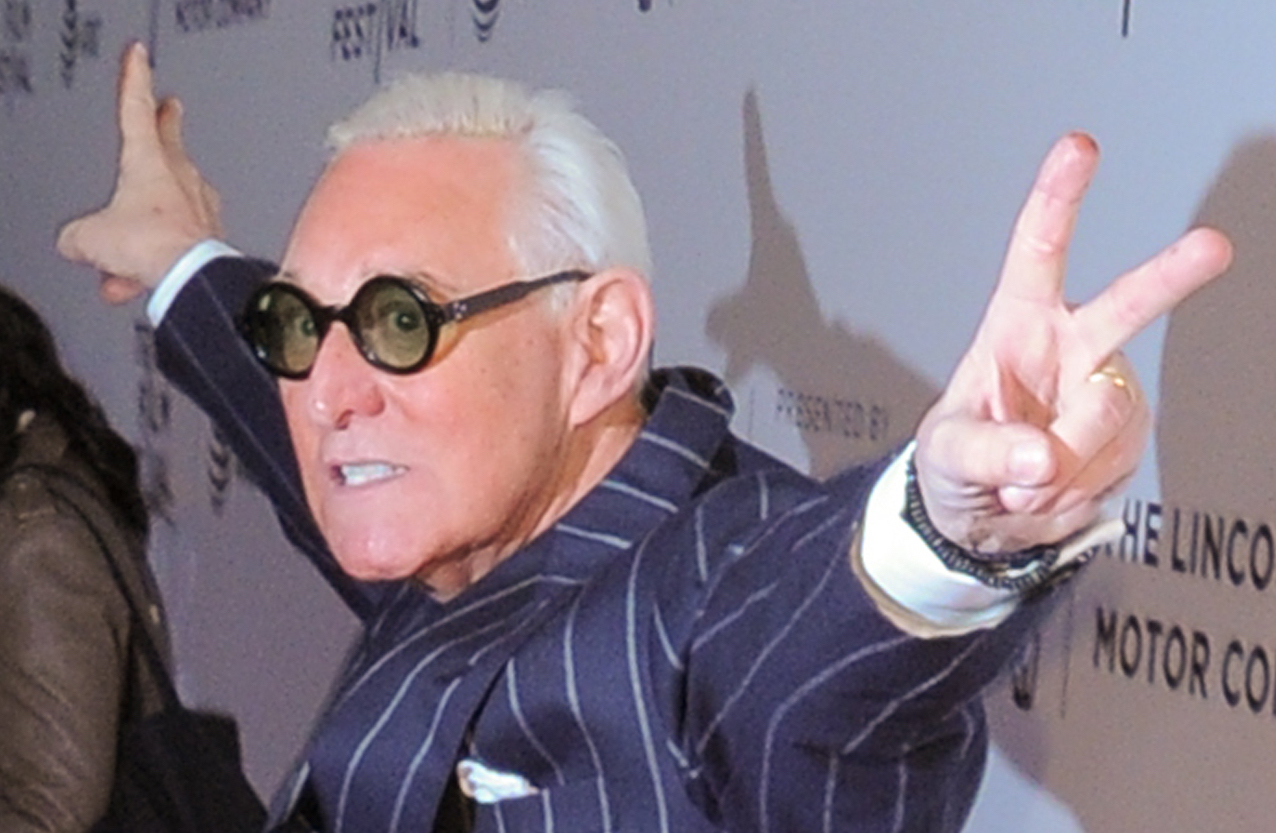Several of us (some, actual lawyers) have been trying to explain this point over and over to no avial. Every point is counter-argued by supporter's of the "believe the victim" philosophy as "undermining this poor woman's valiant stand against a very bad man for his very bad thing!"
The WSJ is correct, Kavaunaugh is entitled to the presumption of innocence.
An "actual lawyer" would know that the "presumption of innocence" requires "proof beyond reasonable doubt" and is only applicable at a criminal trial. Such an "actual lawyer" would know that there are many different standards of proof not involving any such presumption.
For examples:
- Decision on motion to dismiss a civil complaint (do the pleadings state a cause of action if all
- Decision on motion to dismiss a civil complaint (probable cause)
- Decision on a motion to suppress in criminal case (reasonable suspicion based on articulable fact to believe a crime was/is being/will be committed or that the suspect is armed or probable cause, depending on stop vs. type of stop vs. search).
- Decision on motion for summary judgment in civil case (
Celotex standard + any newer twists)
- Judgment after civil trial (preponderance of evidence that allegations are true, or more likely or not)
- Damages (full vs. comparative negligence in most jurisdiction; punitive + compensatory + any statutory)
- Sentencing (preponderance or reasonable doubt, depending on relation of sentencing factor to statutory sentence range in light of
Apprendi and progreny).
- AND MORE! SEE YOUR LOCAL LAW SCHOOL FOR MORE FACTS!
A vaguely politically savy individual, lawyer or not, would know that there is
no standard of proof for a confirmation vote. The only standard that matters is the vote itself. There is a separate duty to give "advice and consent" to the President but there is no mechanism for enforcement so it does not mean much of anything in practice.
Now maybe you
want him to be presumed innocence with all that term entails, but it doesn't mean that that's the standard in play or that an "actual lawyer" would have anything like that to say.
Bad try and no thank you for playing.
The WSJ is also correct in that her stated evidence does not even rise to the level of proving the lesser civil standard of preponderance of the evidence. It is essentially just her word against his coupled with (so far) the denials of three of her alleged witnesses.
Again, an actual lawyer would know that in a criminal trial, the testimony of a single witness can constitute proof beyond a reasonable doubt. That actual lawyer would also know that preponderance is a lesser standard. So an actual lawyer would also know that if a single witness's testimony can be proof beyond a reasonable doubt, it could most certainly be proof by a ponderance of evidence.
Meanwhile, an actual lawyer who isn't distorting the situation for partisan endshttps://www.debatepolitics.com/editpost.php?p=1069080728&do=editpost while masquerading as a thoughtful contrarian would also know that congress isn't being asked to judge things as they stand
right now, and would not obfuscate the fact that Ford has indicated a willingness to testify nor the fact of additional witnesses coming forward.
Once they testify, their testimony
will be "evidence" and would be enough to defeat the presumption of innocence where it actually applies which, again, an "actual lawyer" would know is not here.

